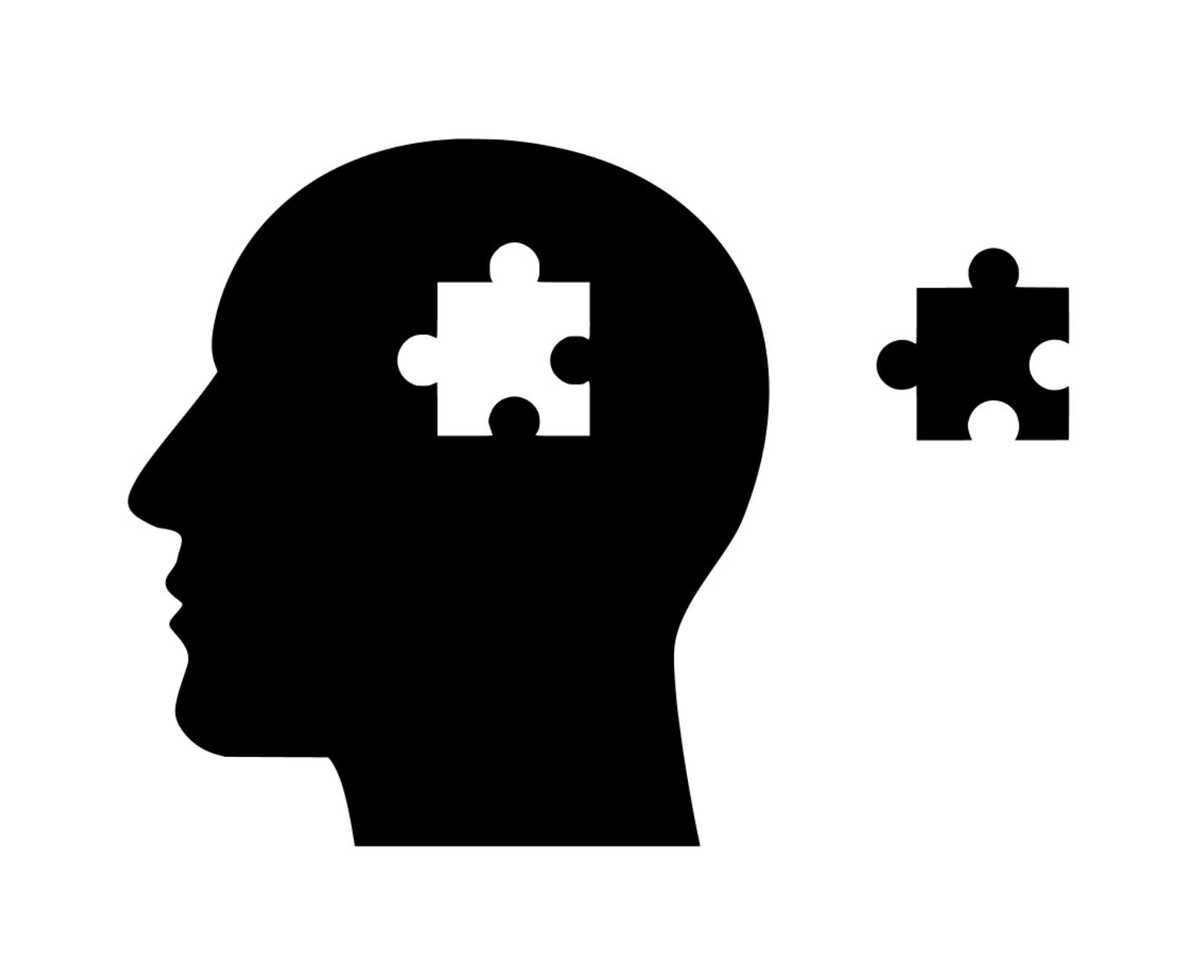On universal mental healthcare
The unique danger of 'the voices say I'm fine'

Though both plain old universal healthcare and universal mental healthcare should be services that exist for all because all pay into them, the latter is more urgent, and the argument is twofold. The first is boring and pragmatic. The second has a kick, philosophically speaking.
1.
After what happened with Elizabeth Holmes and Theranos, with FTX and Sam Bankman-Fried, with all those DALL-E images with seven fingers: need I say much more? Do you trust tech CEOs to make decisions about your mental health? To diagnose it right? To do anything with their tech, really, except the mental equivalent of making diabetes treatment bankrupt people, or making opioids addict people? Unless we all step in, that’s what’s on the agenda. I’m not saying AI can’t help—in fact, with the right data and methods, I’m sure it can help a lot—but in whose hands can we trust it to help instead of hurt? The only correct answer, as it so often is, is “our own.” Even then, as we’ll see, there are limits.
2.
Toothaches and appendicitis present as pain. Asymptomatic COVID and long-dormant tumors may not, but the rule holds. When it comes to the rest of the body, we feel, in a direct and unfiltered way via pain and discomfort, that something is off.
Does the mind feel pain and discomfort in mental illness? Absolutely. The key difference is how. The key difference is the “and then.” It’s accurately called “mental” illness, not just “emotional” illness, whether this was intentional or not. When our feelings are affected, it’s easy to see, but warped feelings are not the only thing that happens. And when other capacities are affected, it’s more insidious. It doesn’t “feel like” anything.
The other things that get affected can vary. Self-perception, decision-making, forecasting. Some illnesses make people feel as though seeking help is pointless; others make them scared to do so; others may make them believe every therapist wants to put a microchip in them.
Multiple illnesses can coexist in a person. There can be an infinite variety of stories we tell ourselves to rationalize diseased feelings and behavior; there can be infinite ways we unintentionally provide cover for it, attributing parts of it to parts of our core selves and our choices, not the genetic and environmental rolls of the dice that mainly produced it. This is how too many people go too untreated until it’s too late, and this effect is most pronounced in those who are pre-diagnosis, or who, for whatever reason, are not well-informed about how their illness works in the brain.
When mental illness festers, as it may do in such circumstances, it has more time to get combined with other factors—things about modern life that amplify the illness’ ability to cause problems for others. Social media, guns, owning a multinational corporation. And so, as people with access to such things avoid help, they may instead contribute to things more damaging to society than, say, needing an ambulance for a heart attack, or for a COVID-related respiratory failure. Spreading misinformation; attacking people in public; defrauding shareholders out of billions of dollars.
We all love to feel like we just “get” mental illness in a way others don’t. We love to feel like we’re somehow ahead of the curve when it comes to acknowledging its realness. Every other day I see this view buckle when confronted with reality. A person with decades of untreated PTSD will lash out on the street. A bunch of idiots will come out of the woodwork on social media to talk about how the city in which it occurred is “too soft on crime.” Or person 1, with depression, will fail to text person 2 back, and person 2’s first thought will be to assume person 1 is actively upset at them. If this is how poorly society handles mental illness in each other, imagine how poorly we do so for ourselves: on top of all the usual cognitive biases that cripple self-evaluation, we then have a mental illness to deal with.
It’s not that “we’re too incompetent to handle mental illness as a society” any more than, for an individual, it’s a matter of that individual lacking in character, not pulling up their britches and overcoming their mental illness by sheer will. After persisting for centuries, that view is finally crumbling; the ways we’ve made literally any strides in treating it, be it chemically, physically, or socially, have been by seeing how that view is flawed.
You simply stop seeing the problem as a moral one and put the correct structural and technical guardrails around it. We can’t see it as a matter of “the group just has to be better at recognizing it, case-by-case, and stepping in.” No. Wrong. The group needs to fund a service that makes good treatment accessible to all before things can get bad. Guardrails.
It’s not that we’re too dumb to handle mental illness. It’s that, given its nature, this is literally the smart way to handle it.
The interesting part is not this argument, which is fairly obvious to everyone in the mental health world. It’s that, once you realize it, all underpinnings for denying other kinds of universal healthcare become more flimsy than they already were. Like, everyone with cancer should be fully responsible for addressing their own cancer, even in East Palestine, Ohio? Sure. Great plan. No notes.




